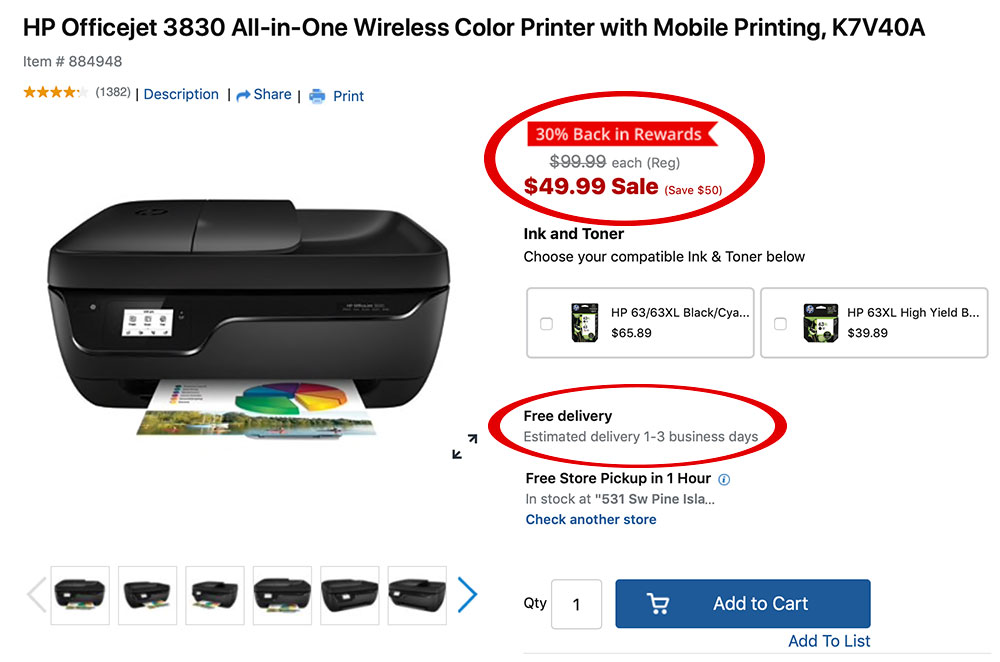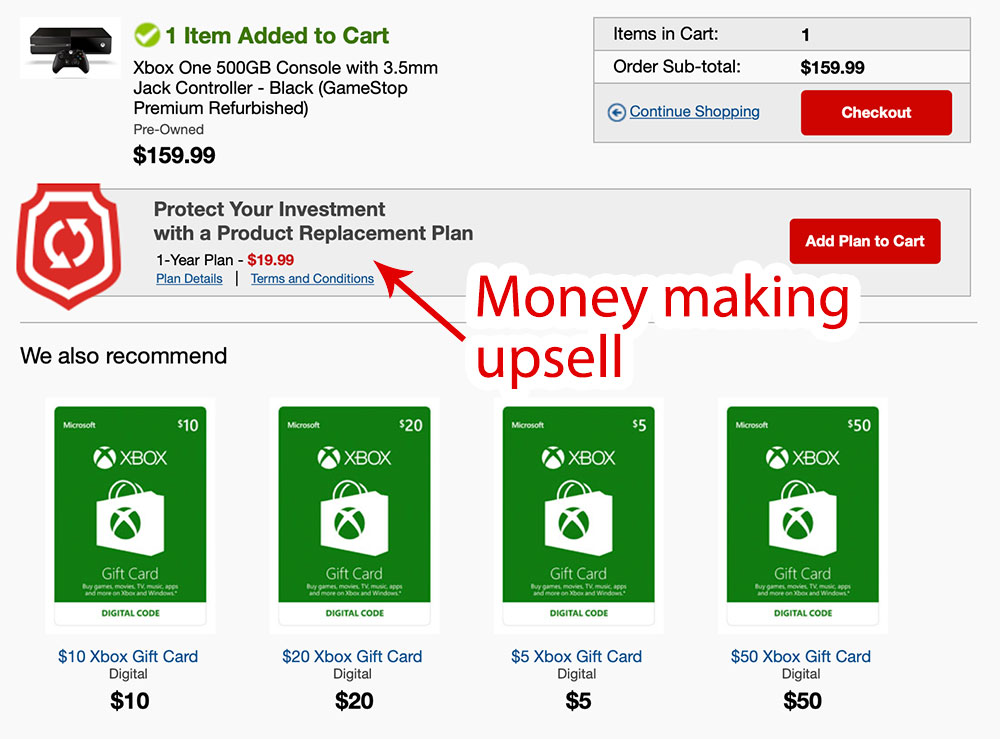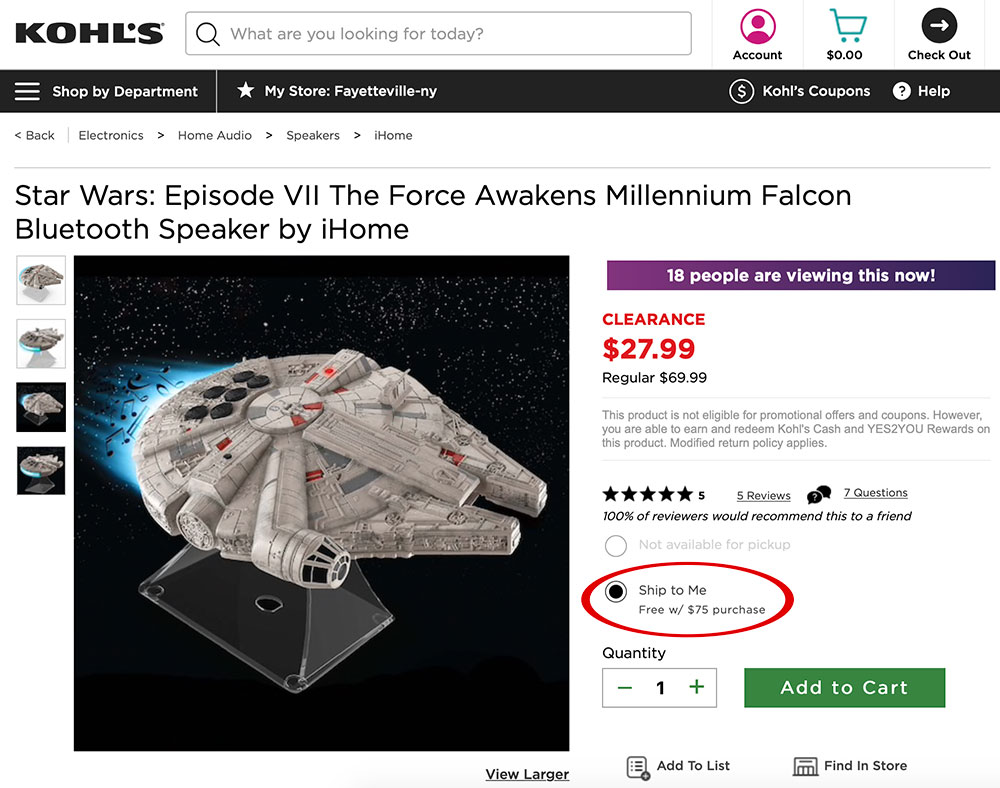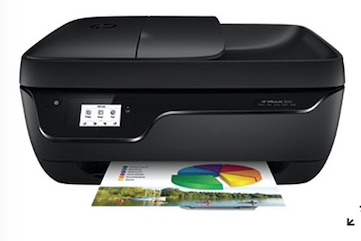Visit nearly any brick-and-mortar store, even a high-end boutique, and you’ll likely find low-priced items. Whether clearing out last year’s styles or promoting the latest gadgets, loss-leading strategies are used by companies of all sizes. Done right, they can help both new and established businesses grow.
There are good reasons for online stores to sell select products at a loss.
5 Benefits of Loss Leaders
Expand the customer base. Ultra attractive pricing introduces the store to more people, which can boost first-time purchases and email signups. New businesses should consider ways to use loss leaders to assist in establishing the brand.
Increase a customer’s lifetime value based on accessories or refills. If you buy a smartphone, you likely need a case and screen protector. Retailers typically make little money on printers. The real money comes from the ink and toner. That’s why Office Depot often features popular printers for less than $50, stacking the deal with higher rewards.

Offering rock-bottom pricing and kickbacks can increase overall profits, especially when the underlying products require consumable items. Source: Office Depot.
Upsell key accessories and add-ons. GameStop presents its profit-making product-replacement plan right after adding a system to the cart. The suggested plan is based on the item being purchased. In the example below, since many shoppers buy game systems as gifts, GameStop also recommends related gift cards.

Upselling key add-ons is one way to make real profit off an otherwise low-margin order. Source: GameStop.
Cut losses on outdated and unwanted inventory. Sometimes you have to forget about the actual cost of an item because it costs more money sitting in a warehouse. In that case, consider displaying related products (alongside the outdated goods) to recover some profit.
Entice shoppers to buy more. Kohl’s regularly features popular brands in its online clearance section. To receive free shipping on those items, customers often have to include regularly-priced items with the order. For example, finding a Star Wars speaker at less than half price may trigger a search for more Star Wars goods that make real money. Any time the shopper adds more profitable items to a “clearance” order is a win.

To receive free shipping on this discounted Star Wars’ speaker from Kohl’s, customers have to add regularly-priced items to the order.
Too Much Hype?
Merchants often have misconceptions about how to promote loss leaders. Don’t put them front and center. Conversely, don’t bury them in a clearance or discount section. The key is to create a sense of “fear of missing out” on some products while still encouraging full price purchasing.
In physical stores, clearance sections often appear in prime, high-traffic aisles, not in an out-of-the-way location. For online stores, place discounted items near or beside normally-priced goods.
The goal is to minimize the instances of people purchasing only non-profitable items, which can kill the business. This is why many online stores don’t group clearance items into their own category. Instead, the products appear only in logical category pages or in search results.
Recurring Sales
Selling products at a loss can help a business. Use the opportunity to provide exceptional service, as if shoppers are spending big bucks. Take loss leaders out of the “one-time order” equation and turn them into long-term, recurring sales.




